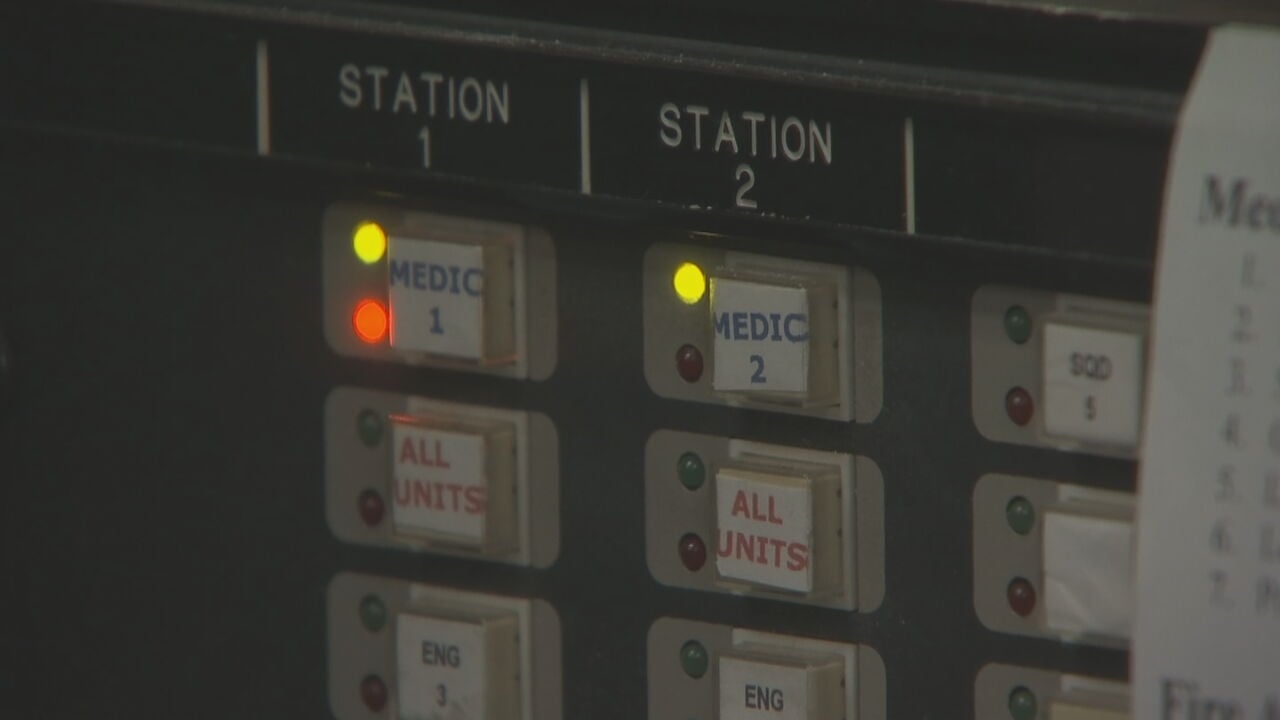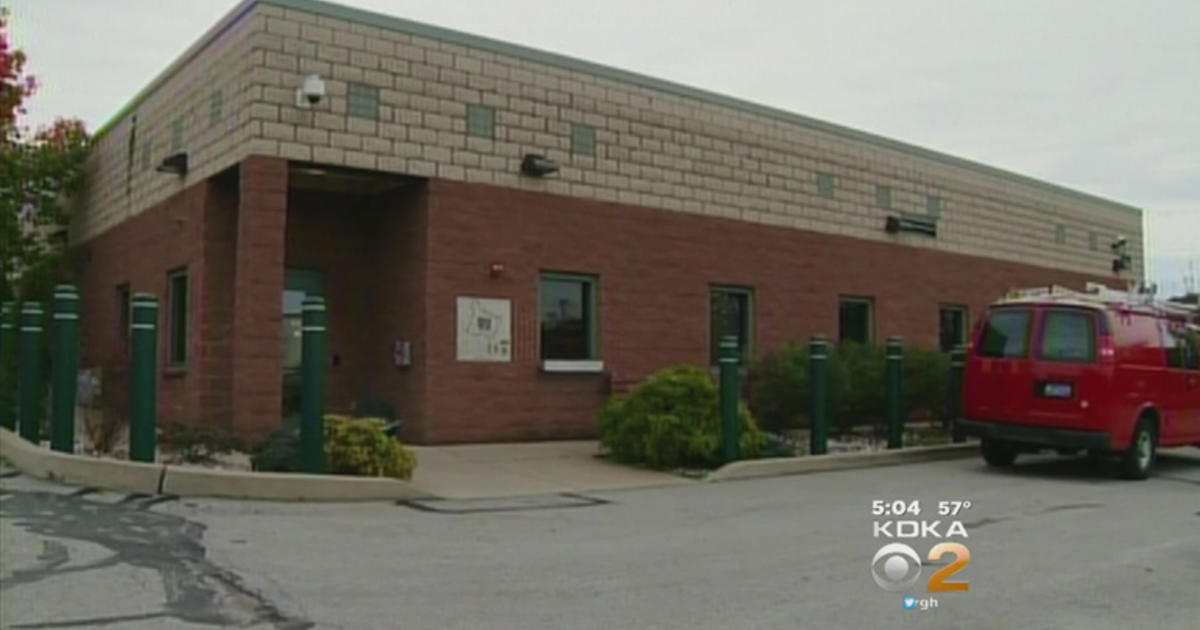911 system outages are a serious threat to public safety, disrupting emergency communications and potentially putting lives at risk. This article delves into the causes, consequences, and mitigation strategies for these critical system failures.
911 outages can result from a variety of technical factors, including hardware failures, software glitches, and network disruptions. Human error can also play a role, such as accidental misconfigurations or inadequate maintenance.
Causes of 911 System Outage
911 system outages can result from various technical factors, including hardware failures, software glitches, and network disruptions. These disruptions can prevent emergency calls from being routed to the appropriate dispatch centers, potentially putting lives at risk.
Hardware Failures
Hardware failures can include issues with the 911 call center’s servers, routers, or other critical equipment. These failures can disrupt the system’s ability to process calls or connect them to dispatchers.
Software Glitches
Software glitches can occur in the 911 system’s operating software or the software used by dispatchers. These glitches can cause the system to malfunction, resulting in dropped calls or incorrect routing.
Network Disruptions
Network disruptions can affect the 911 system’s ability to transmit calls over the internet or phone lines. These disruptions can be caused by natural disasters, power outages, or other network failures.
Human Error
Human error can also contribute to 911 system outages. For example, if a dispatcher enters incorrect information into the system, it can disrupt the call routing process.
Consequences of 911 System Outage
911 system outages can have dire consequences for public safety. During these outages, individuals in need of emergency assistance are unable to reach emergency services, leading to delayed or inadequate response times.
Statistics indicate that during major 911 outages, the number of emergency calls affected can reach staggering figures. For instance, during the 2021 AT&T outage, over 100,000 emergency calls were impacted, leaving millions of Americans without access to 911 services.
Case Studies
Numerous case studies illustrate the severe impact of 911 outages on emergency response. In 2019, a 911 outage in Dallas, Texas, lasted for over three hours, resulting in a significant delay in emergency services for a heart attack victim. The victim, who called 911 multiple times, was unable to receive assistance until after the outage was resolved.
Another incident occurred in 2020 in San Francisco, California, where a 911 outage lasted for over an hour. During this outage, a house fire broke out, and the occupants were unable to reach emergency services. Fortunately, neighbors were able to alert the fire department, and the fire was extinguished without any injuries.
These case studies highlight the critical importance of a reliable 911 system. When 911 is unavailable, the lives of those in need of emergency assistance are put at risk.
Prevention of 911 System Outage

Preventing 911 system outages is crucial to ensure reliable access to emergency services. Several best practices and technological advancements play a vital role in minimizing the risk of system failures.
One of the key preventive measures is redundancy, which involves creating backup systems and multiple communication pathways. This ensures that if one component fails, the system can automatically switch to an alternative, minimizing service disruption. Regular maintenance and testing of these backup systems are also essential to ensure their readiness in the event of an outage.
Role of Emerging Technologies
Emerging technologies offer innovative solutions to enhance 911 system reliability. Cloud-based systems, for example, provide centralized access to data and resources, allowing for quick recovery in case of outages. Additionally, advancements in artificial intelligence (AI) can assist in detecting potential system issues early on, enabling proactive maintenance and preventing outages.
The 911 out ages during 9/11 served as a wake-up call for the need to improve communication infrastructure and protocols. In the years since, significant investments have been made to enhance the reliability and redundancy of emergency response systems, ensuring that they can withstand future crises and continue to provide critical services to the public.
Mitigation of 911 System Outage

Mitigating the impact of 911 system outages requires a multifaceted approach involving public education, alternative communication channels, and robust infrastructure.
Public education campaigns play a crucial role in informing citizens about potential outages and alternative reporting methods. These campaigns should emphasize the importance of staying informed, having a plan in place, and knowing alternative ways to contact emergency services.
Alternative Emergency Communication Channels
During 911 system outages, alternative emergency communication channels become vital. These channels can include:
- Text-to-911 services: Text messages can be sent to 911 in most areas, providing a backup option for reporting emergencies.
- Emergency mobile apps: Apps like FEMA and Red Cross provide emergency information and allow users to report incidents.
- Social media: Social media platforms can be used to share emergency information and report incidents.
Case Studies of 911 System Outage

911 system outages can have severe consequences, as evidenced by numerous case studies. These incidents highlight the need for robust systems and comprehensive contingency plans to ensure the reliability of this critical emergency response service.
Los Angeles, California (2021)
In April 2021, a software glitch caused a 911 system outage in Los Angeles, affecting over 10 million people. The outage lasted for several hours, resulting in thousands of unanswered calls and delayed emergency responses. The incident revealed the vulnerability of the system to technical failures and the need for redundancy and backup measures.
Harris County, Texas (2017)
Hurricane Harvey caused a widespread 911 system outage in Harris County, Texas, in August 2017. The storm damaged communication infrastructure, leaving residents unable to call for help during the disaster. The outage lasted for several days, highlighting the importance of having resilient systems that can withstand natural disasters.
Following the tragic events of 9/11, the nation’s emergency response systems were put to the test. 911 cyber attack s and service outages plagued communication networks, highlighting the need for robust cybersecurity measures. Despite these challenges, first responders and emergency personnel persevered, demonstrating the resilience of our emergency response system.
Cuyahoga County, Ohio (2016)
A human error led to a 911 system outage in Cuyahoga County, Ohio, in December 2016. A technician accidentally cut a fiber-optic cable, disrupting service for over 2 million people. The outage lasted for approximately 12 hours, demonstrating the need for thorough training and maintenance procedures to prevent such incidents.
Conclusion, 911 system outage
These case studies underscore the critical need for reliable 911 systems and comprehensive contingency plans. By learning from these incidents, policymakers and emergency responders can develop more resilient systems that can withstand technical failures, natural disasters, and human error.
| Date | Location | Duration | Impact |
|---|---|---|---|
| April 2021 | Los Angeles, California | Several hours | Thousands of unanswered calls, delayed emergency responses |
| August 2017 | Harris County, Texas | Several days | Residents unable to call for help during Hurricane Harvey |
| December 2016 | Cuyahoga County, Ohio | Approximately 12 hours | Over 2 million people without 911 service due to a cut fiber-optic cable |
Summary
Preventing and mitigating 911 system outages requires a multi-faceted approach. Redundancy, backup systems, and regular maintenance are essential for ensuring system reliability. Public education and awareness campaigns are also crucial for informing citizens about alternative emergency communication channels during outages.
FAQ Section: 911 System Outage
What are the most common causes of 911 system outages?
Technical factors such as hardware failures, software glitches, and network disruptions are the most common causes of 911 system outages.
What are the consequences of a 911 system outage?
911 system outages can have serious consequences, including delayed or inadequate emergency response, which can put lives at risk.
How can 911 system outages be prevented?
Redundancy, backup systems, and regular maintenance are essential for preventing 911 system outages.
What should citizens do during a 911 system outage?
During a 911 system outage, citizens should use alternative emergency communication channels, such as texting 911 or using a landline.
